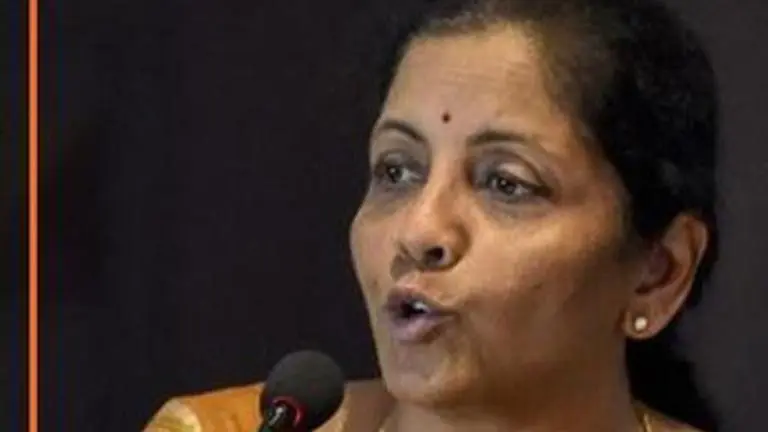Updated 21 November 2019 at 06:44 IST
Cabinet Committee on Economic Affairs approves initiatives to revive construction sector
While talking about the cabinet decision, Union Finance Minister Nirmala Sitharaman said that the measures were approved for effective implementation of CCEA.
- India News
- 4 min read

The Cabinet Committee on Economic Affairs (CCEA), on Wednesday, approved certain measures pertaining to the construction sector and noted that the government entities will take the decision to initiate proceedings for setting aside of the arbitral award, and any related appeal with the opinion of a law officer such as Attorney-General for India, Solicitor-General for India, Additional Solicitor-General for India in consultation with Department of Legal Affairs.
'Measures were approved for effective implementation'
While talking about the same to the media, Union Finance Minister Nirmala Sitharaman said that the measures were approved for effective implementation of the CCEA's decision of August 31 on 'Initiatives to revive the Construction Sector'. She also said that the proposals put forward by NITI Aayog with respect to the arbitrations by or against government entities were approved.
Sitharaman, while further talking about the issue, said that a government entity has challenged an arbitral award, resultant of which the amount of the arbitral award has not been paid, 75 per cent of such award will be paid by the government entity to the contractor or concessionaire against a bank guarantee only "for the said 75 per cent and not for its interest component".
Advertisement
With respect to the interest payable to the government entity, should the subsequent court order require a refund of the said 75 per cent, payment of the same will be as per court order, she said. According to the Finance Minister, the order is applicable to government entities i.e. all Public Sector Undertakings (PSUs) of the central government, autonomous organisations of the central government, Special Purpose Vehicles (SPV) where 50 per cent (fifty per cent) or more of the paid-up share capital is held by the Central Government and all Central Government departments.
Advertisement
An official release mentioned that the approved measures would help in ensuring that the remedies of challenge and appeal are resorted in a prudent and judicious manner and in furthering the objective of infusion of liquidity into the construction sector.
"Given the significant multiplier effect, the construction sector has on the economy, these are expected to give a major boost to economic growth. And as the sector that provides one of the largest segments of direct and indirect employment, its revival would also help in significant employment generation," the release said.
The release also said over the last few years, an increasing number of infrastructure projects in the construction sector has been subject to prolonged legal proceedings. "In a substantial number of these projects which go into arbitration, payment of the award is not released to the contractor for the award is challenged in court. Challenge of the award, in most cases, defers the payment of the arbitral award pending the decision in the appeal, which process then takes years to attain finality," the release said.
"This is seen to cause severe liquidity constraints in the construction sector as large sums of money raised by concessionaires, for the execution of projects, get blocked stressing their balance sheets," it added. In addition to that, it also mentioned that it causes a ripple effect throughout the financial ecosystem - directly impacting the repayment of debt to lenders, leading to increasing Non-Performing Assets (NPAs) in their balance sheets.
To address the above, the CCEA had, pursuant to a proposal put forward by NITI Aayog, in 2016, approved various short-term and long-term measures including for government entities to pay 75 per cent of the award to the contractor/concessionaire against a Bank Guarantee.
However, this policy decision of interim payment of 75 per cent has been falling short of its intended objective of infusion of liquidity into the construction sector on account of insistence on bank guarantee for the interest component, should the subsequent court order require the refund of the amount paid by the government entity. As a result of which, contractors and concessionaires continue to be marred by financial stress, ultimately affecting the entire commercial ecosystem and the broader economy, the release said.
Published By : Digital Desk
Published On: 21 November 2019 at 04:08 IST
